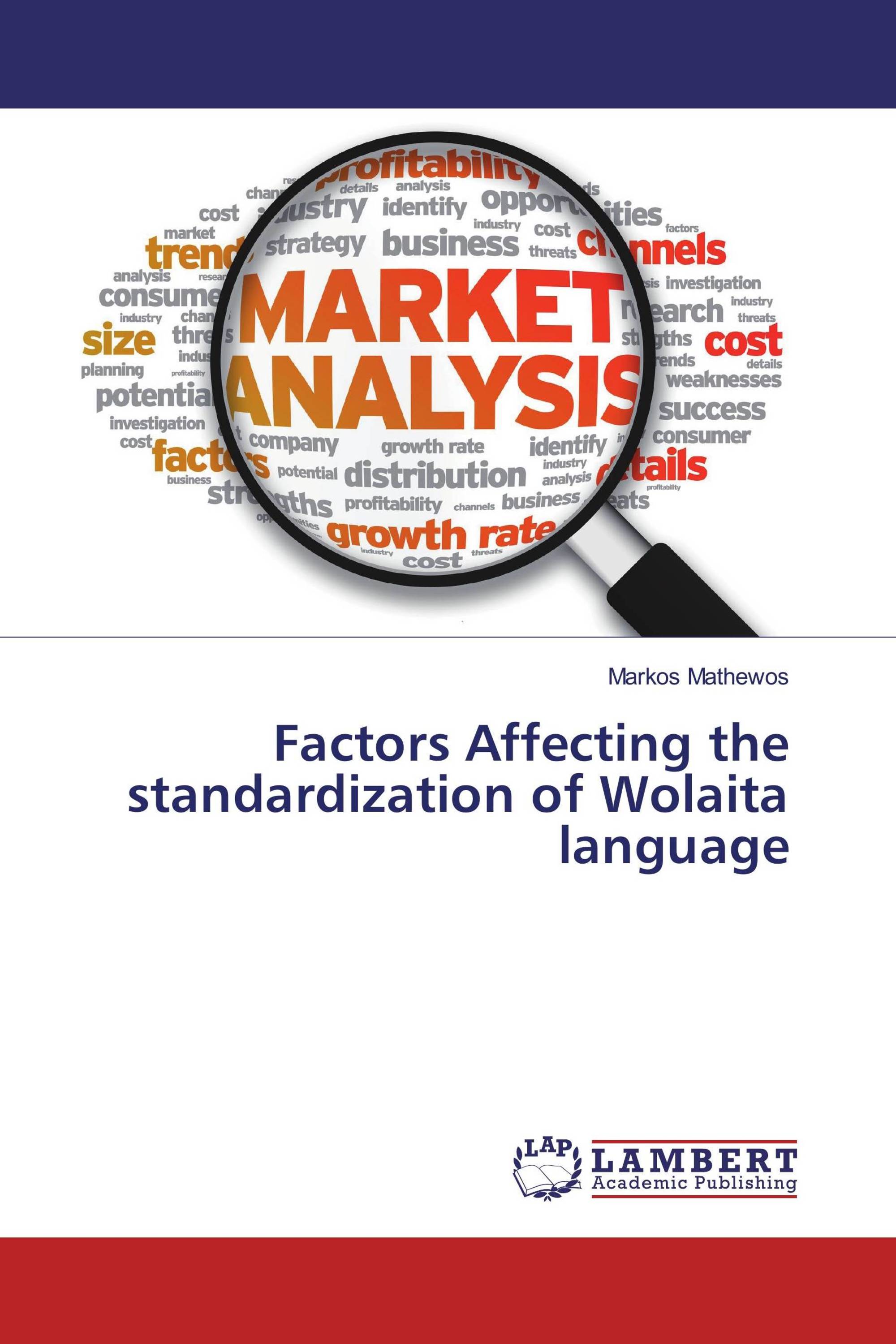Factors Affecting the standardization of Wolaita language
LAP Lambert Academic Publishing ( 2017-09-22 )
€ 35,90
According to Milroy (1999: 27) standardization hinders “linguistic change, but it doesn't prevent it totally.” In other words, standardization reduces language change and variation by proposing a standard form and creates uniformity of language use. Several scholars have discussed the meaning and the process of standardization. Standardization refers to the process by which a language is codified or one variety of a language becomes widely accepted throughout the speech community of that language as a supra dialectal norm (Ferguson, 1968: 31; Wardhough, 1992: 30). To reveal from this standardization is treated as a process which helps to create a standard variety of a language. In line with this, Milroy (1999:173) has pointed out that “standardization is best treated as a process,” because of the fact that “all languages (except dead languages) vary and are in a constant state of change.” Ferguson (1961) defines a standard as a single, widely accepted norm, used with only minor modifications or variation for all purposes of language use. He explicitly distinguishes between this general notion of "standard" and the degree of native literacy ("writing) in a speech community.
Book Details: |
|
|
ISBN-13: |
978-620-2-05492-8 |
|
ISBN-10: |
6202054921 |
|
EAN: |
9786202054928 |
|
Book language: |
English |
|
By (author) : |
Markos Mathewos |
|
Number of pages: |
72 |
|
Published on: |
2017-09-22 |
|
Category: |
Language and literature science |




